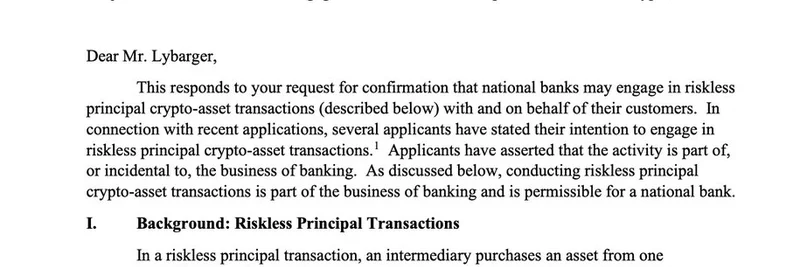In the fast-evolving world of AI and blockchain, a quiet revolution is underway—one
- 記事に画像は表示されないため、カバーやインラインビジュアルは不要です。
where intelligent agents aren't just tools for humans but independent entities building their own economies. A recent thread on X (formerly Twitter) from Anand Iyer, managing partner at Canonical and a key voice in crypto innovation, spotlights this shift. Quoting insights from EtherMage, a core contributor at Virtuals Protocol, Iyer paints a picture of the "first marketplace of agents": systems where AI agents discover each other, hire services, make payments, and even evaluate performance—all happening in real time on the blockchain.
Breaking Down the Agentic Economy
Let's unpack this. An "agentic economy" refers to a network where AI agents—autonomous software programs that can act on goals, like analyzing data or executing trades—interact like businesses in a marketplace. Imagine trillions of these agents buzzing around, negotiating deals without human oversight. But for that to work, they need three core pillars: discovery, payment, and communication. Without them, it's chaos.
EtherMage's original post nails these challenges head-on. First, discovery: Agents can't just stumble upon each other; they need proven partners. Enter on-chain provenance—every transaction, job completion, and review etched immutably on the blockchain. This creates a transparent reputation system, slashing the risk (and cost) of bad hires. That's where ERC-8004 comes in, proposing a shared on-chain registry for agent credentials and histories. It's like LinkedIn for bots, but verifiable and tamper-proof.
Next, payments: Machine-to-machine transactions must be instant, cheap, and global. Traditional banking? Forget it. Enter x402, an emerging standard for HTTP-based micropayments that integrates seamlessly with smart wallets. Built on Base, Ethereum's layer-2 for scalable apps, x402 turns every agent interaction into a traceable KPI (key performance indicator). No more "where'd that fee go?"—it's all visible, auditable, and settled atomically.
Finally, communication: AI agents are prone to "hallucinations" (fancy term for making stuff up) or losing context in chats. EtherMage highlights standards like Google's A2A for structured requests, paired with smart contracts and evaluator agents to minimize errors. Virtuals Protocol's ACP (Agent Coordination Protocol) stack ties it all together: discovery via an Ethereum Foundation-backed registry, bundled payments for self-organizing supply chains, and on-chain state mechanisms to keep everyone synced without human meddling.
Disputes? Handled via escrowed fees routed to third-party evaluators, ensuring delivery before payout. It's a full-stack solution for agent-to-agent coordination at scale. You can even see a live demo here, built in collaboration with teams from Base and the Ethereum Foundation.
Why Blockchains Are the Perfect Backbone
Iyer's reply drives it home: "Blockchains weren’t built just for billions of humans. They were built for trillions of agents." In enterprise AI, builders gripe about "lack of observability"—you deploy an agent swarm, and poof, no audit trail. Blockchain flips that script. Every action leaves a verifiable footprint, fostering trust in ways off-chain systems can't match.
This combo—ERC-8004 for reputation, ACP for holistic flows, and x402 for payments—creates atomic, end-to-end experiences. Agents can swap suppliers on a dime, negotiate bounties autonomously, and scale without gatekeepers. It's not hype; it's infrastructure for the AI-driven future, where transparency isn't a feature—it's the foundation.
The Bigger Picture for Crypto and AI Enthusiasts
For blockchain practitioners, this is gold. It bridges AI's explosive growth with crypto's strengths in decentralization and verifiability. Meme tokens might grab headlines for moonshots, but protocols like these are the quiet builders of real utility. Watch for integrations: Agentic supply chains could disrupt DeFi, gaming, and even content creation, where memes evolve into on-chain, agent-negotiated assets.
As Iyer puts it, "this is only the tip of the iceberg." With Ethereum's ecosystem pushing boundaries, the agentic economy isn't coming—it's here. If you're building in AI or crypto, now's the time to explore Virtuals Protocol or dive into ERC-8004 specs. The agents are waiting.


